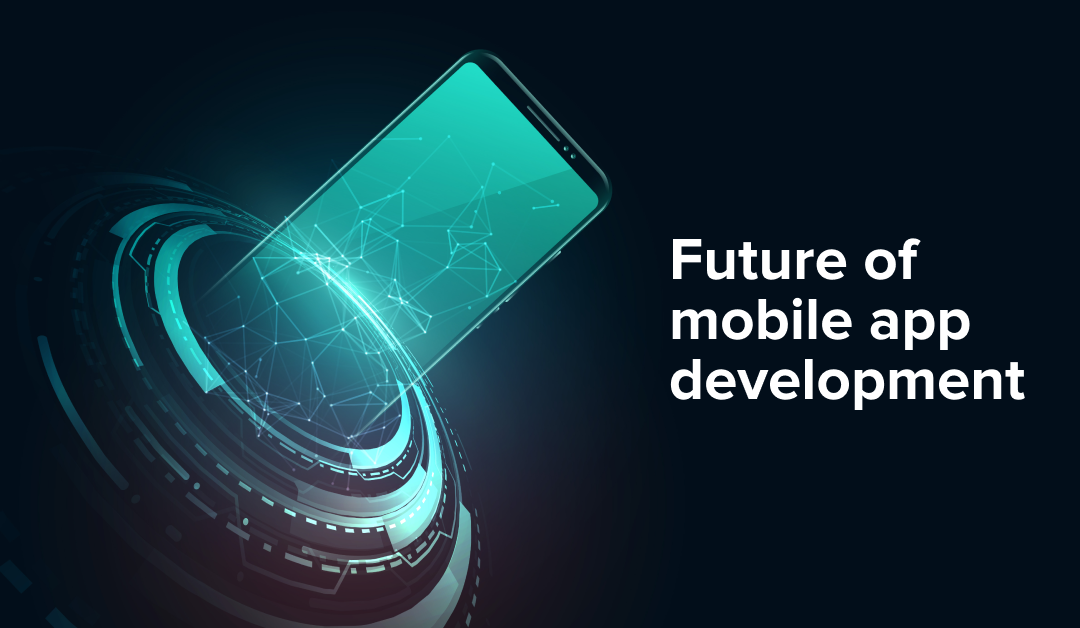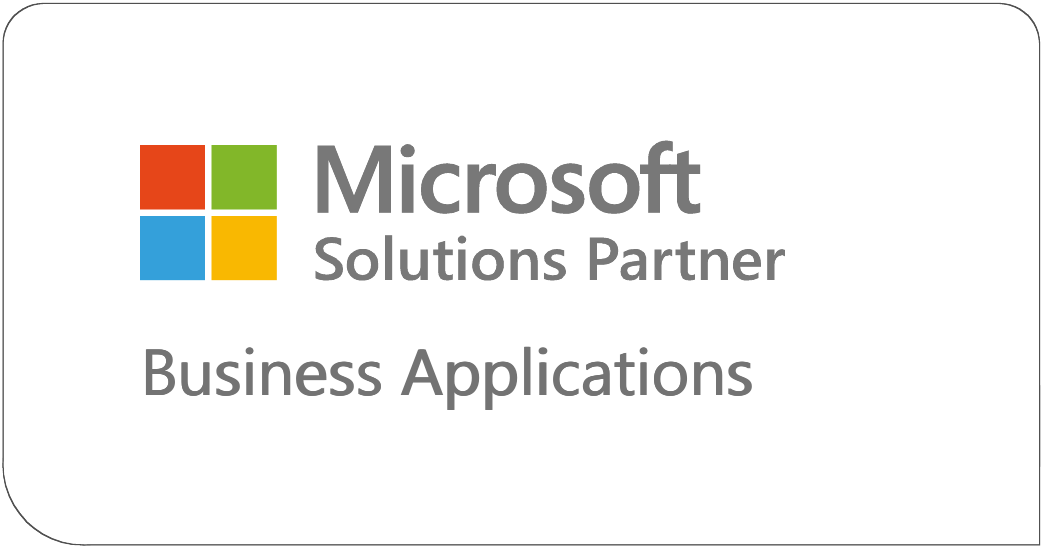| Editorial Team

As businesses strive to enhance efficiency and productivity and tailor solutions to their unique needs, Microsoft Power Platform serves as a game-changing app development tool that offers adaptable options. It provides an avenue for companies to take charge of their digital future. It’s evident that the future of app development is intricately linked with the capabilities of the Microsoft Power Platform.
Unleashing the Power of Low-Code
Traditional app development often involved lengthy coding processes that required specialized skills and resources. The paradigm shifts towards “low-code” or even “no-code” development with Microsoft Power Platform. This means that individuals with limited coding experience can actively participate in building applications. As the platform continues to evolve, we can anticipate even more intuitive interfaces and pre-built components, allowing for rapid app creation without requiring an extensive development team.
Democratizing App Development
One of the most exciting aspects of the future of app development with Microsoft Power Platform is the democratization of the process. Previously, only IT departments or specialized developers could build applications. Now, business analysts, subject matter experts, and even end-users can actively contribute to creating and enhancing apps that serve their specific requirements. This shift promotes a culture of innovation, as those closest to the business challenges can directly address them.
Integration and Connectivity
In the future, seamless integration will be a cornerstone of app development. Microsoft Power Platform already offers a wide range of connectors, enabling organizations to connect their apps to various data sources and services. Expect an even broader spectrum of connectors as the platform evolves, ensuring businesses can interconnect all their systems, whether on-premises or in the cloud. This level of integration will lead to holistic, data-driven decision-making and enhance the overall efficiency of operations.
AI and Automation
Artificial Intelligence (AI) and automation are rising in app development. Microsoft Power Platform is well-positioned to harness the power of AI, providing capabilities such as chatbots, predictive analytics, and automated workflows. In the future, we can anticipate even more advanced AI-driven features, enabling applications to learn and adapt to user behavior, thus providing more personalized and efficient user experiences.
Scalability & Enterprise-Grade Solutions
As organizations grow, their app development needs evolve as well. Microsoft Power Platform is adaptable to these changing requirements, offering the scalability required to support large-scale enterprise solutions. The platform’s robust security measures, compliance standards, and monitoring capabilities ensure that even the most complex applications can be built confidently. This makes it an ideal choice for organizations aiming to remain agile and competitive in a dynamic business environment.
The Power Platform Ecosystem
The future of app development with Microsoft Power Platform doesn’t exist in isolation. It’s part of a broader ecosystem of Microsoft tools and services, including Azure, Dynamics 365, and Office 365. This ecosystem provides a comprehensive set of resources for organizations to leverage, creating a seamless and integrated digital environment.
Conclusion
The future of app development with Microsoft Power Platform promises a democratized, efficient, and highly integrated landscape. Low-code development, AI-driven enhancements, and scalability will be at the forefront of this evolution. As organizations increasingly recognize the power of this platform, they will unlock new levels of innovation and productivity, setting the stage for a digitally transformative future. The time to embrace the capabilities of Microsoft Power Platform is now, as it promises to be an essential pillar of success in the evolving app development world.

